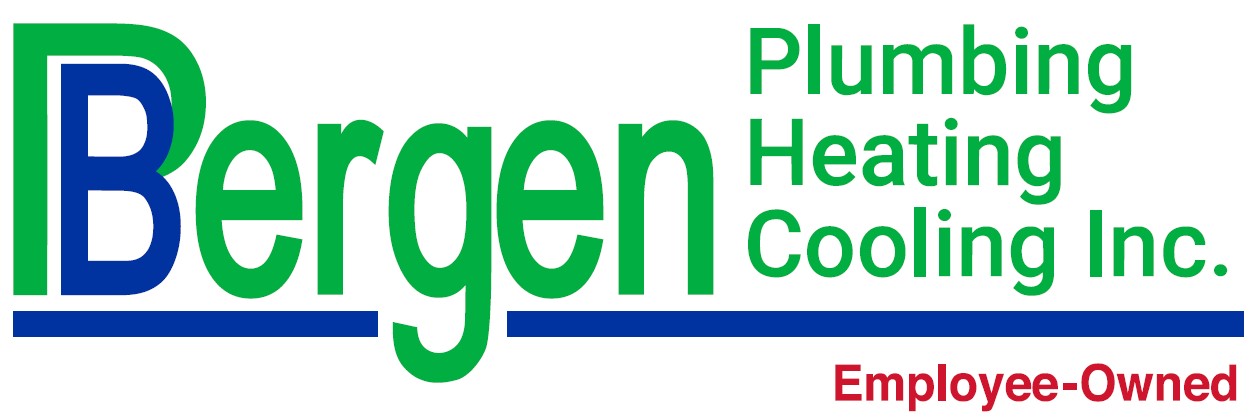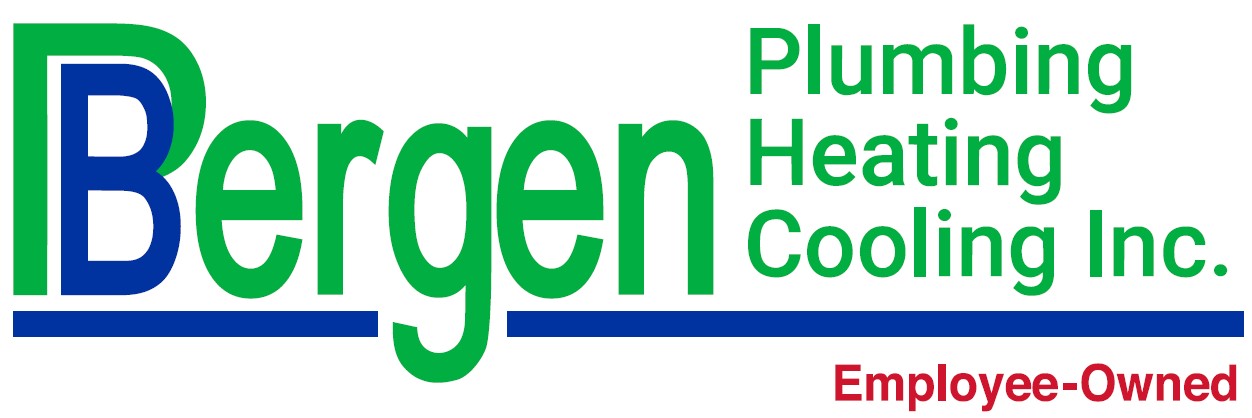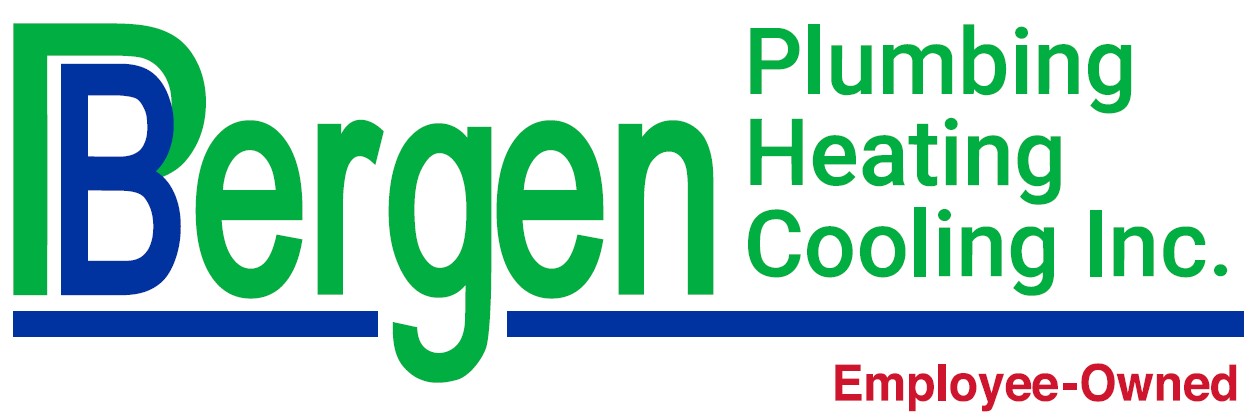Follow Us x
FAQ
HEATING & COOLING
How is the efficiency of heating and cooling equipment measured?
The S.E.E.R. (seasonal energy efficiency ratio) is the amount of cooling your system will deliver per dollar spent on electricity. For example, a 3-ton unit may have a S.E.E.R. efficiency rating of 13, 14, or 15. The higher the S.E.E.R. the more efficient the system will be. The S.E.E.R. rating of any given unit can range anywhere from 13 to 17.
How can I increase the efficiency and life of my home's heating and cooling systems?
The most important thing you can do is clean and replace your filters frequently. Also, a system heats and cools more evenly when the blower is in the "on" position. The blower provides constant air movement throughout the home, and allows for better filtration. Finally, shades, drapes, shutters, or screens should be installed on windows that are exposed to extreme sunlight.
Should I try to keep my system from running too much?
Every time your system starts up, it will use a lot of electricity and not produce much cooling. Usually a system that is too small to cool the home is more economical to run but delivers less comfort. Even though it runs nonstop, it will usually consume less power than a larger system that cycles on and off. As a rule of thumb, a unit that is either on or off is less expensive than one cycling on and off.
What are the advantages of a programmable thermostat?
Different programmable thermostats offer many different features. However, because they are electronic, they are all more accurate and efficient than thermostats that contain mercury. With programmable thermostats you can control the temperature in your home at different times of day without ever touching your thermostat. Because everything is automatic, you will never forget to change the setting on your own.
What maintenance should I do on my air conditioner?
The most important maintenance you can do is to change your filters regularly. Ground mounted outdoor units need to be kept clear of debris, clutter; weeds or landscaping that can grow too close and reduce the airflow to the unit. Also, keep pets away from the unit because pet urine can cause expensive damage. Use caution with a weed trimmer around the unit to prevent damaging control wiring. Any additional maintenance should only be performed by qualified personnel.
How often should I have maintenance done on my air conditioner?
You should have maintenance done on your air conditioning system twice a year. This not only ensures maximum efficiency, it enables us to foresee any possible problems that may occur in the near future. Our Comfort Assurance Program (CAP) plan is specifically designed to keep your air conditioning system running at its peak efficiency year-round.
PLUMBING
HOW CAN I PROLONG THE LIFE OF ALL MY PLUMBING FIXTURES AND WATER HEATER?
The best way to prolong the life of your plumbing fixtures and extend the life of your water heater is to install a water softener or water conditioner in your home. These systems are designed to stop scale build-up, protect pipes and fixtures and make all appliances that use water more efficient.
WHY DOES MY DRAIN GET CLOGGED?
Usually drains are clogged because people are not careful of what they put in them, especially in the kitchen. Other drains, like in the bathroom, get clogged because of the oil residue from soaps, shampoos and hair. It is recommended that you are conscious of what you put down your drains and treat them regularly with a drain cleaner such as Bio-Clean.
WHAT CAUSES MY FAUCET TO DRIP?
Usually when a faucet is dripping the problem has a relatively simple solution. The internal mechanisms need to be rebuilt or replaced. This is an easy and inexpensive fix. Did you know that you could extend the life of your washers by turning off your faucets gently rather than forcefully?
HOW CAN I PREVENT LEAKING PIPES?
Take the time every once and a while to inspect your pipes. If rust or lime is depositing on them, this may indicate a leak is starting. If this is happening, contact Bergen Plumbing, Heating, & Cooling Inc to address the problem. By performing an occasional inspection you could stop a small problem before it turns into a large one. Leaking pipes can damage floors and belongings and become much more costly than if the problem was detected early.
WHAT HAPPENS IF MY WATER HEATER IS LEAKING?
You should call Bergen Plumbing, Heating & Cooling right away. Leaking water heaters usually indicate the bottom of the tank has rusted. There are really no good repairs for this problem. You most likely need a new water heater.
IS IT A BIG DEAL IF MY TOILET IS RUNNING?
This is not only an annoyance but also a waste of water and money. Leaky toilets can cost almost $100 extra per year on your water bills. If the toilet continues to run into the bowl after the toilet is flushed, it indicates that some part of the mechanism is out of order and needs to be replaced.
WHAT CAN I PUT IN MY GARBAGE DISPOSAL?
This can be huge problem for homeowners. Here are some tips to keep your disposal in good working order.
First, always run cold water when grinding to move the waste all the way down the drain lines. Fats and grease congeal and harden in cold water and can be flushed through the system. Hot water should not be used because it can dissolve fats and grease, which may then accumulate in the drain line.
Almost all-biodegradable food waste can be fed into disposers. However, they should not be used to grind clam or oyster shells, cornhusks or other material with high fiber content. Under no circumstances should you put glass, plastic or metal non-food materials through a disposer. This includes bottle caps, tin covers or aluminum foil, which are some of the items service technicians commonly find in clogged or broken disposers.
Maintenance is easy. Grinding small bones and eggshells actually helps clean the disposer by scraping away stubborn deposits or citric acid and pulp. Grinding a little ice is another way to clean deposits and get rid of odors. For the most part, though, disposers are self-cleaning.
First, always run cold water when grinding to move the waste all the way down the drain lines. Fats and grease congeal and harden in cold water and can be flushed through the system. Hot water should not be used because it can dissolve fats and grease, which may then accumulate in the drain line.
Almost all-biodegradable food waste can be fed into disposers. However, they should not be used to grind clam or oyster shells, cornhusks or other material with high fiber content. Under no circumstances should you put glass, plastic or metal non-food materials through a disposer. This includes bottle caps, tin covers or aluminum foil, which are some of the items service technicians commonly find in clogged or broken disposers.
Maintenance is easy. Grinding small bones and eggshells actually helps clean the disposer by scraping away stubborn deposits or citric acid and pulp. Grinding a little ice is another way to clean deposits and get rid of odors. For the most part, though, disposers are self-cleaning.
WILL A GARBAGE DISPOSAL CLOG MY PIPES?
No. A garbage disposal that is used properly will not clog your pipes. However, the key to making sure that your garbage disposal doesn't clog your pipes requires proper installation and then usage that is compliant with your particular model. Before you install any kind of garbage disposal, you have to make sure that the drainage pipes are clear in the first place.
This is why a Bergen Plumbing Heating & Cooling Licensed Plumber should install your garbage disposal. They can check for preexisting clogs and also clear them out. Remember, a garbage disposal is supposed to be a convenience, not a nuisance.
This is why a Bergen Plumbing Heating & Cooling Licensed Plumber should install your garbage disposal. They can check for preexisting clogs and also clear them out. Remember, a garbage disposal is supposed to be a convenience, not a nuisance.
WHEN I USE MY DISHWASHER, WATER BACKS UP INTO THE GARBAGE DISPOSAL, WHY?
Water backing up into the garbage disposal and then the sink is generally caused by food that is left in the disposal. If you leave food particles in the disposal and then forget about them without grinding them up and then sending them through the drain pipes with a good amount of cold water, these food particles will clog up your drainage system.
Since the dishwasher and the garbage disposal share the same drainage pipes, you will have plumbing problems in the kitchen if you do not make sure that food particles from the disposal are cleared before using the dishwasher.
Since the dishwasher and the garbage disposal share the same drainage pipes, you will have plumbing problems in the kitchen if you do not make sure that food particles from the disposal are cleared before using the dishwasher.
HOW LONG SHOULD A WATER HEATER LAST?
How long a water heater lasts depends on how well it is maintained, the water quality in your area, proper installation, and amount of use. When you buy a water heater, it's always good to look at all of the information that comes with it. That way, you will know what to expect. If you install your new water heater properly and maintain it, you can expect great results. For example, if your less expensive water heater is guaranteed to last for six years, with proper maintenance; it will probably last for eight.
It's always better to buy a better water heater. This is because it works twenty-four hours everyday for the whole year! So when you buy a water heater that is guaranteed to last for ten years it will probably last for twelve. Considering that the average family has a forty-gallon water tank and uses quite a bit of hot water, it's worth it to get the better hot water tank and have one of our professionals install it.
It's always better to buy a better water heater. This is because it works twenty-four hours everyday for the whole year! So when you buy a water heater that is guaranteed to last for ten years it will probably last for twelve. Considering that the average family has a forty-gallon water tank and uses quite a bit of hot water, it's worth it to get the better hot water tank and have one of our professionals install it.
WATER SOFTNER
What is hard water?
Hard water is the most common problem found in the average home. Hard water is typically defined as water having more than 1 GPG (grains per gallon) of dissolved minerals in it, generally consisting of calcium, magnesium carbonate, and/or manganese. The amount of hardness in water is usually measured in either PPM (parts per million) or GPG (grains per gallon).
17.1 PPM or 17.1 Mg/L = 1 GPG
-OR-
PPM or Mg/L divided by 17.1 = GPG
A couple of ways for you to find out how hard your water is, would be to have it tested locally at your local public health department, or you can send a small sample to us, (at least 2oz), and we will gladly test it for you free, even if you decide to purchase your softener elsewhere!
We will test your sample for hardness, Iron, pH and nitrates and email or phone the results back to you.
17.1 PPM or 17.1 Mg/L = 1 GPG
-OR-
PPM or Mg/L divided by 17.1 = GPG
A couple of ways for you to find out how hard your water is, would be to have it tested locally at your local public health department, or you can send a small sample to us, (at least 2oz), and we will gladly test it for you free, even if you decide to purchase your softener elsewhere!
We will test your sample for hardness, Iron, pH and nitrates and email or phone the results back to you.
Why soften my water?
Soft water greatly reduces the scaling of pipes, faucets, and bath fixtures, and reduces spotting of glasses, dishes and flatware. Soft water also helps detergent clean your clothes better, while making your clothes last longer too!
You can reduce your laundry detergent, dishwashing soap, hand soap and shampoo to half what you would normally use, not to mention soft water is much more pleasant to wash with, leaving less soap scum on you, and your tub/shower.
You can reduce your laundry detergent, dishwashing soap, hand soap and shampoo to half what you would normally use, not to mention soft water is much more pleasant to wash with, leaving less soap scum on you, and your tub/shower.
Will your water softener remove iron from my water?
Our softeners will remove certain types of iron from water. There are several types of iron found in water. If it is a soluble iron, commonly known as ferrous iron, and is not more than 3 ppm, then in most cases it will remove it from your water.
Other forms of iron, such as ferric iron requires the installation of a separate "iron filter" which looks very similar to a softener without the salt or brine tank. These iron filters generally have a timer and valve unit that are pre-set to backwash their special iron removing media as needed, usually every four days.
Iron filters should be installed ahead of, or in front of your water softener, to help keep your softener resin clean and free of excessive iron.
Other forms of iron, such as ferric iron requires the installation of a separate "iron filter" which looks very similar to a softener without the salt or brine tank. These iron filters generally have a timer and valve unit that are pre-set to backwash their special iron removing media as needed, usually every four days.
Iron filters should be installed ahead of, or in front of your water softener, to help keep your softener resin clean and free of excessive iron.
I have a water softener and now my water feels slimy!
When the hardness minerals are removed, soap no longer forms a soap curd, or "bathtub ring" on your skin, plugging your pores, clinging to every strand of hair. You are now truly clean. That slick, slimy feeling you feel is your natural body oils without the soap scum.
The old saying that you get "squeaky clean" is a myth. That feeling was caused by the soap scum on your skin. By the way, that soap scum also provided an excellent place for bacteria to hide and grow, causing numerous minor skin ailments.
The old saying that you get "squeaky clean" is a myth. That feeling was caused by the soap scum on your skin. By the way, that soap scum also provided an excellent place for bacteria to hide and grow, causing numerous minor skin ailments.
- Copyright © 2026 Bergen Plumbing, Heating, & Cooling Inc, all rights reserved.
- 35 Fletcher Avenue, Waterloo, IA 50701 (319) 234-1404



